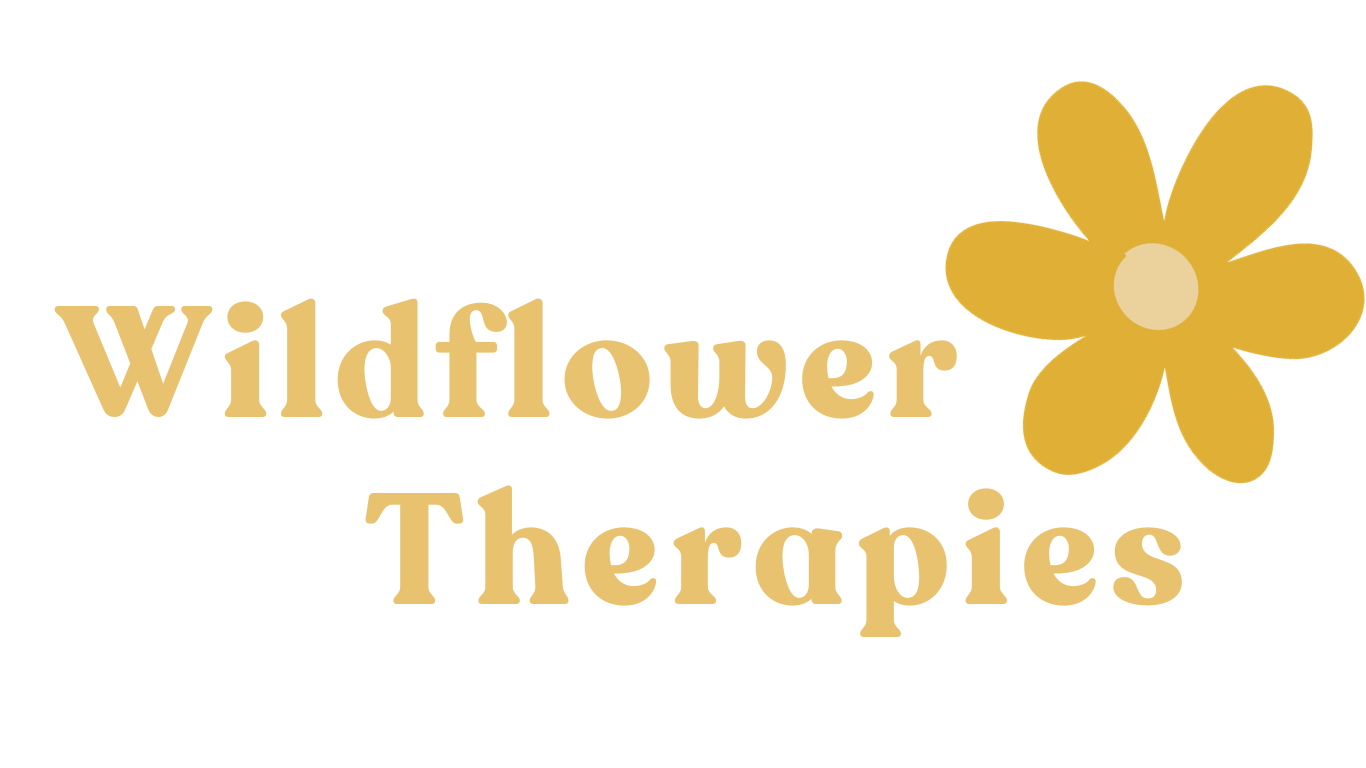Dietary hacks to boost Serotonin
Serotonin gets a lot of attention.
It is probably the most well-known neurotransmitter/hormone. It is more commonly known as our ‘happy hormone’ and people are often trying to get more of it! So, what exactly is serotonin as what does it do for us? And how can we get more of it.
What is Serotonin?
Serotonin works and operates in the body as both a hormone and as a neurotransmitter. A neurotransmitter is a chemical messenger within the body that helps to send signals from one nerve cell to another nerve cell. These messages can be excitatory, inhibitory or modulatory. Serotonin as an inhibitory neurotransmitter that is release within the brain and gastrointestinal tract (GIT). Not only is serotonin released in the GIT, but 90% of serotonin is made in the GIT. This is why we often hear about the connection between gut health and mental health. If our gut is not functioning optimally this can reduce its ability to make and deliver serotonin.
What Does Serotonin Do?
Serotonin is involved in many different functions within the body. Including:
· Regulation of body temperature
· Perception of pain
· Mood regulation
· Sleep/wake cycle control
· Control of eating and appetite
· Regulation of digestion
What does low Serotonin look like?
Because of the varying things that serotonin does in the body, low serotonin levels can present with an array of different symptoms.
Serotonin deficiency can look like:
· Anxiety or social anxiety
· Self esteem issues
· Panic Attacks
· Depression, especially depression that worsens in winter months
· OCD tendencies or impulsive behaviour
· Frequent constipation
· Poor dream recall
· Insomnia or poor sleep initiation
Testing for a deficiency is not always necessary, a Naturopath can help to uncover a serotonin deficiency by asking a wide range of questions and assessing the patient as a whole. Testing serotonin levels is often reserved for testing for serotonin syndrome (excess serotonin) can be life threatening. This condition is rare and only possible with medical intervention.
What do we need to make Serotonin?
Serotonin, like other neurotransmitters is made from amino acids, namely tryptophan. This is why tryptophan is often prescribed to boost serotonin levels in the body. Whist this is great, there are a whole lot of other nutrients needed for the body to make serotonin which you can see below.
In summary the nutrients we need to make serotonin are:
· Tryptophan (from protein)
· Vitamins B3, B6, B9
· Vitamin C
· Magnesium
· Calcium
· Iron
· Zinc
As you can see it’s not just nutrients we need, but hydrochloric acid (stomach acid) to breakdown the proteins AND a healthy gut microbiome in order to make all of this happen.
Whilst this might sound overwhelming and too hard, it really doesn’t have to be! I like to break it down into 5 key habits for optimal serotonin.
Top 4 Dietary Hacks for Serotonin
1. Optimise your Digestion
We can be eating all of the right foods, but if we can’t digest and absorb all the good from our foods then we are doing ourselves as disservice. Having good levels of stomach acid really helps us to breakdown our proteins which means that our amino acids become available. In the context of serotonin, we need the amino acid tryptophan to make it. One of the best ways to kickstart your digestion is by making this simple digestive stimulant: 2 tsp’s apple cider vinegar + 2tsps of fresh lemon juice in a mug of warm water. You can also practice deep breathing (3 good belly breaths) before eating which can stimulate our Vagus nerve which, when stimulated, helps to increase digestive function.
2. Eat enough Protein
Protein is the only place we will get tryptophan in our diet. Protein with high amounts of tryptophan can be found in the following sources: Chicken, Turkey, Beef, Tofu and Soy beans, Cottage Cheese, Chia seeds, Pumpkin Seeds, Oats, Eggs. A good rule to follow is including a dietary source of protein with each meal.
3. Nurture your Microbiome
Because we can only make serotonin in a happy gut it is important to make sure that you are practicing good habits for optimal gut health. This can include:
· Including fermented foods such as tempeh, yoghurt, kefir and kimchi
· Eating a varied diet with lots of plant foods, eat the rainbow! This ensures a good variety of phytochemicals (plant chemicals) that feed our beneficial bacteria. A varied and diverse diet makes for a diverse microbiome.
· Being mindful of your consumption of artificial sweeteners, food additives and preservatives – these can feed the our ‘bad’ bacteria rather than our beneficial bacteria.
4. Eat a varied diet for Optimal Nutrients
Eating a varied and diverse diet is not only good for the microbiome, it also ensures that we get all of the essential vitamins and minerals that we need in our diet. If your diet is in any way restricted (vegan, vegetarian, coeliac, allergies, intolerances etc), then you will need to pay more attention to your diet to ensure that you are getting all of your nutrients. The best place to start is always with wholefoods before looking to supplementation.
Wanting to get some support? I would love to help you achieve your health goals






